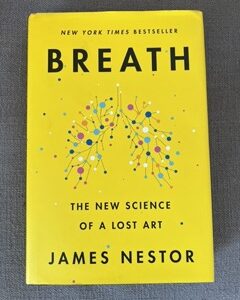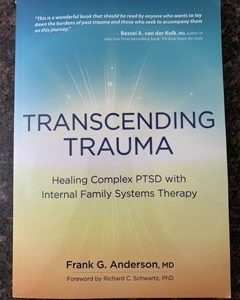I often work with adults and adolescents around divorce. One of my clients recently found out that his parents decided to get a divorce. When in my office, we talked about what was coming up for him. He then proceeded to tell me that out of all of her close friends, he knew only one person whose parents were still together. Her experience really exemplifies and is a litmus test for what families are now going through on a regular basis.
Divorce was once a word spoken behind closed doors or in low voices. There often was a huge amount of shame associated with it. Divorce is now more prevalent in our society. I really appreciated the recent article where Dr. Shapiro talks about helping your child through divorce. I often find that the more parents work through their feelings, they are much more able to hold, support and let their children process their experience as well. Using EMDR integrated into the therapeutic work can also be very beneficial when facing all the emotions that accompany going through divorce. Below I included her tips for helping your child through divorce. To see the full article, please click the link below.
Tips to remember:
Tell children “I love you” and let them know that will never change.
Let them know the divorce has nothing to do with them or anything they’ve ever done or been or could do.
Make sure not to blame or demonize your ex. Don’t put children in the middle or use them as go-betweens.
Talk to your children about their feelings. Let them know it’s okay and normal to feel sad, angry, confused, etc. Teach them ways to cope.
Make sure they know that they can talk with their friends about their experiences and that they don’t have to be silent or keep the divorce a secret.
Plan fun activities to participate in with your children.
Plan fun activities with friends and family members to nurture yourself.
Make sure you have the tools and techniques needed to handle your own emotions and stay attuned to your children.
If things feel stuck, get yourself and/or your children therapy (like EMDR) to communicate and process the feelings.
Keep going back to #1 because it can’t be said often enough.
Source: Helping You and Your Children Make it Through Divorce






